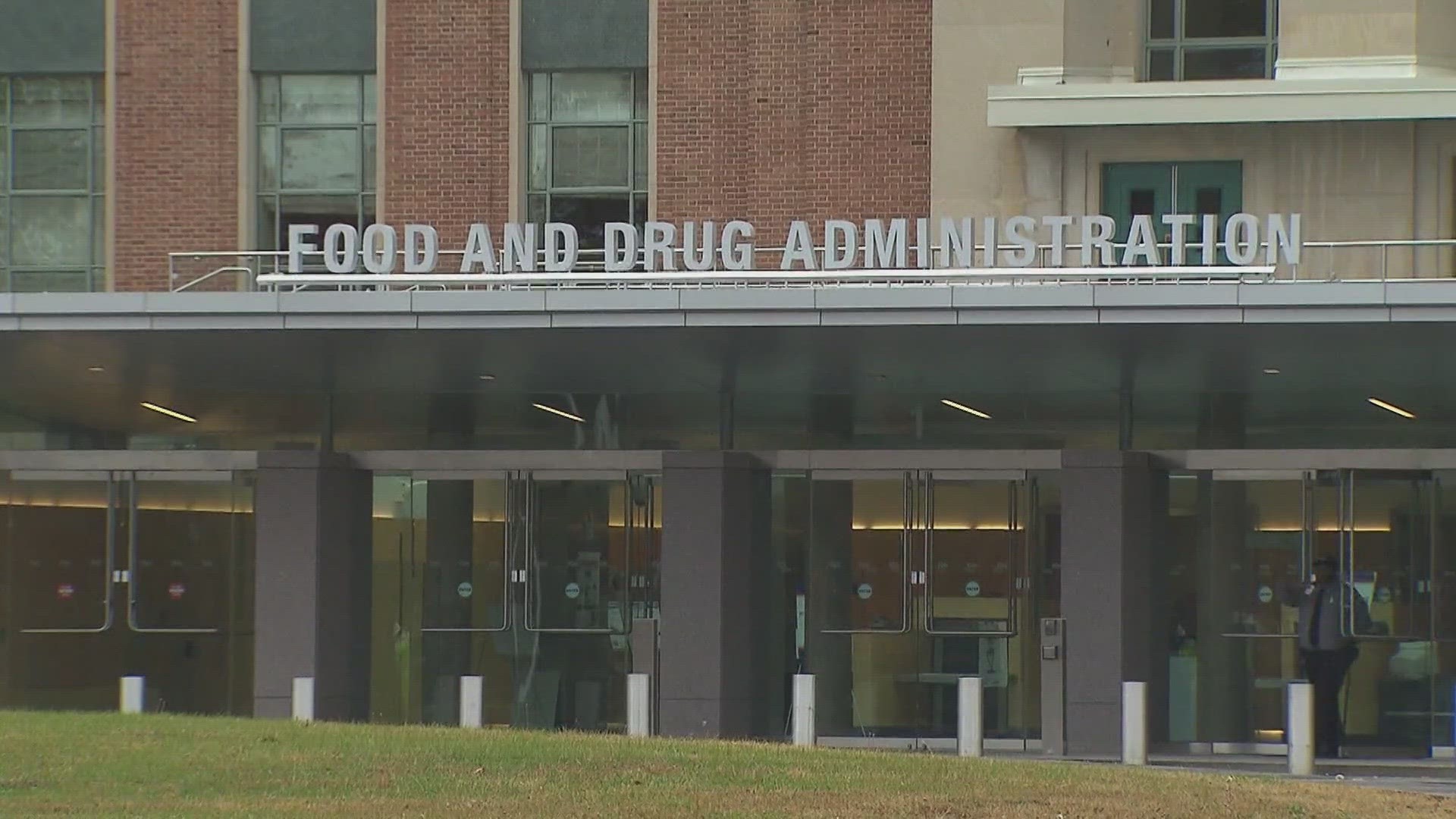PHOENIX — Postpartum depression and related perinatal mental health conditions are often considered the most common complication of pregnancy and childbirth.
With the approval of the first oral pill to help treat postpartum depression, providers are hopeful it could help address stigma and access issues in getting treatment for the disease.
Michelle Lacy is a licensed professional counselor and certified perinatal mental health clinician and is the executive director for Women’s Health Innovations of Arizona. In working with moms directly affected by postpartum depression, Lacy said she often hears women experiencing shame surrounding stigma associated with their pregnancy or during postpartum.
VERSIÓN EN ESPAÑOL: Proveedores de Arizona esperanzados por aprobación de tratamiento para depresión postparto
“We tend to buy into the myths of motherhood,” Lacy said. “That – this is the happy, glowing time, that I’m going to have this automatic bond, and if I struggle, then something must be wrong with me.”
Zuranolone, an oral drug taken for 14 days, was approved by the FDA on Friday.
According to the drug makers, phase three clinical trials showed patients who took the pills had "rapid improvements in depressive symptoms" over patients who were given a placebo.
Lacy said right now, less than 15% of women will get help for their postpartum depression.
“I'm hoping that it will normalize that this is one of the most vulnerable times in a parent's life. And it's not about willpower. It's not about having the best coping skills or not,” Lacy said. “There is a biological, there is a psychosocial component of it.”
Before the approval, the only other therapeutic treatment specifically for postpartum depression was an IV administered at select health care facilities for a few days.
“The problem with that brexanolone was there was a 60-hour IV infusion and (it) cost like $35,000,” Dr. Saira Kalia, director of the Arizona Perinatal Psychiatry Access Line said.
Kalia said she’s hopeful with how quickly zuranolone is supposed to help patients, and the shortened timeframe it’s taken in, will help more people let go of the stigma associated with postpartum depression.
“That rapid reduction of depressive symptoms as early as three days, that's huge. That'll help so much with just that stigma reduction. And like, 'I'm only on this for 14 days,' like an antibiotic course or something like that. So I think that’ll be helpful,” Kalia said.
The cost isn’t known yet for zuranolone, and Kalia is hoping it will get covered by insurance quickly, believing this could be an accessible option for those that are going through the all-too-common struggle.
“This is not just stress or distress, this is a disease. And this disease is highly prevalent. And it's a really, really debilitating condition. That's about half a million people, women in the U.S. every year,” Kalia said.
There are support and resources for those struggling with postpartum depression or other perinatal mood disorders. One resource is the Postpartum Support International HelpLine.
“If you are a woman that's in that time period, or somebody in your family is in that, ask questions about their mental health,” Kalia said. “Just make sure that you are bringing up that topic because sometimes bringing it up yourself is not comfortable, or you're just so overwhelmed you can’t bring it up.”

